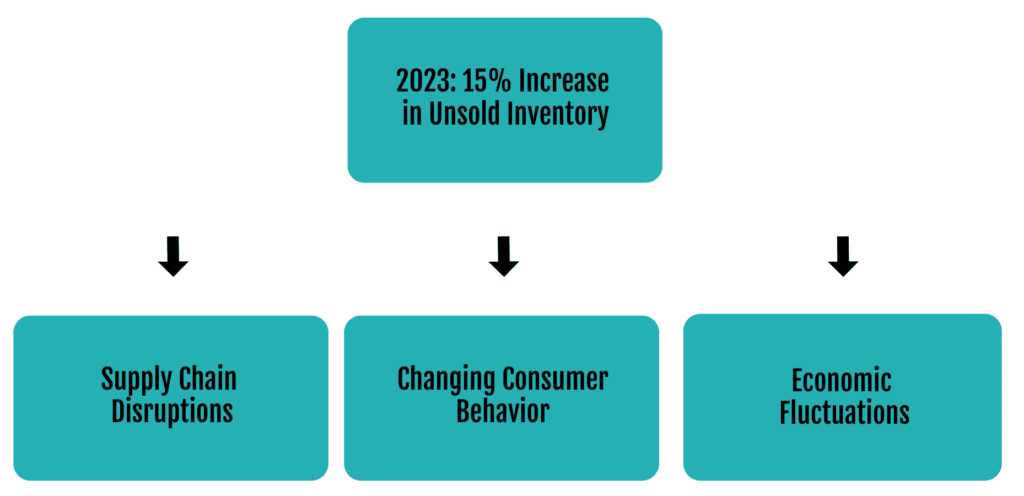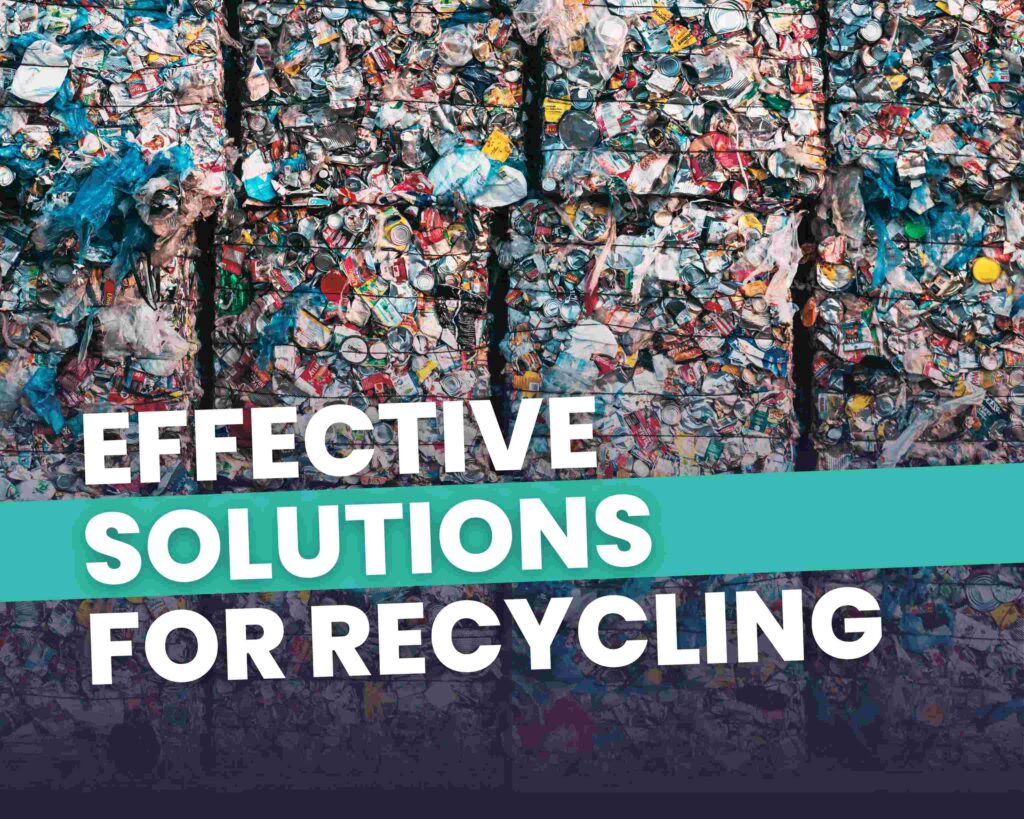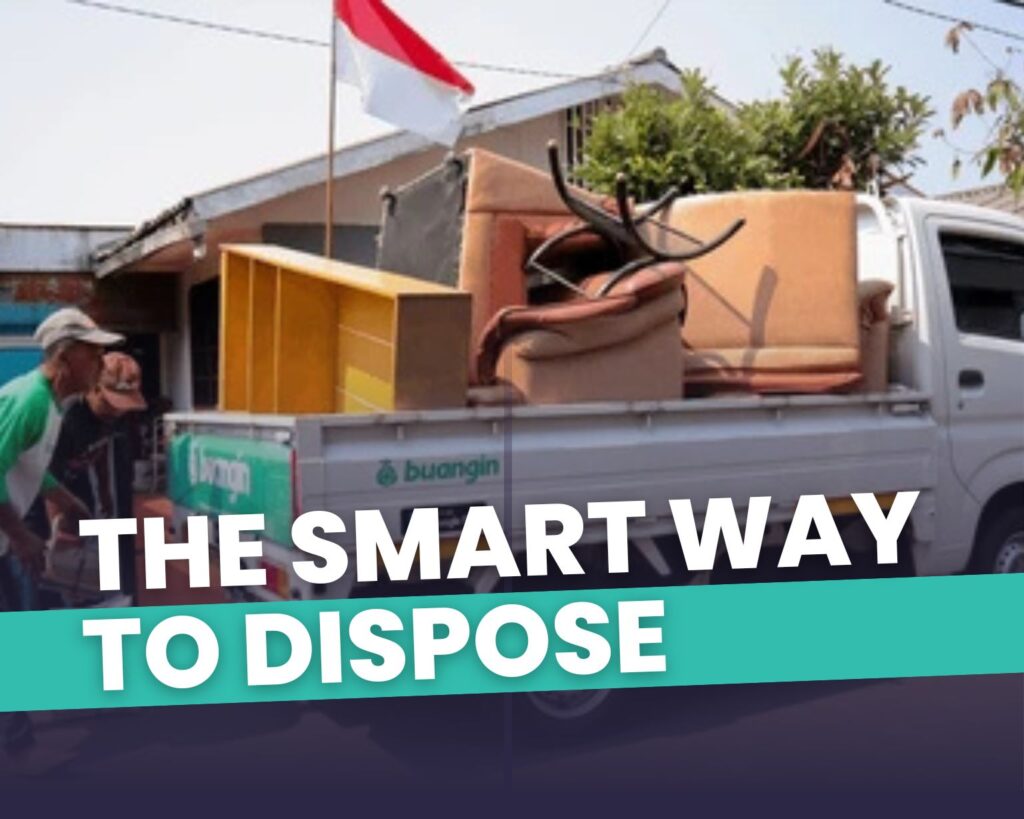What is a Liquidation Company? – Behind the Corporate Veil

Jessica Gonzalez
Global Chief Executive | Founder Happen Ventures
Inventory management has always been a tightrope walk. Especially in the aftermath of the global supply chain disruptions witnessed in recent years. A staggering revelation from B-Stock Solutions indicates a palpable tension in the Inventory liquidation space as resellers grapple with holding onto inventory for extended periods, thereby tying up capital and storage space.
This inventory glut, particularly pronounced in the fashion retail sector, sees products diminishing in value over time, presenting a formidable challenge that demands innovative solutions. Businesses face a pivotal concern: managing surplus stock, optimizing profitability, and turning challenges into opportunities.
Let’s delve into the intricate world of inventory liquidation, exploring its veiled aspects and uncovering how a shift towards community-focused beneficial reuse can redefine the narrative.
Table of Contents
The Unseen Hurdles in Traditional Liquidation
The traditional approach to inventory liquidation, while seemingly straightforward, is riddled with hidden challenges and pitfalls that extend beyond mere financial considerations. Often, selling goods at reduced prices through various channels inadvertently perpetuates a cycle of waste and missed opportunities.
The Financial Strain and Logistical Nightmare
- Merchant Dilemmas: Traditional liquidation often forces merchants into a corner, compelling them to sell inventory at significantly reduced prices, thereby eroding potential profits.
- Network of Stores: Managing a network of stores or online platforms for liquidation can be a logistical nightmare, involving intricate product acquisition and asset distribution strategies.
- Retailers’ Plight: Retailers, especially smaller ones, may find themselves ensnared in a web of debt settlement, as liquidation rarely recoups the full investment made in the inventory.
The Global Impact of Unsold Inventory
Every year, billions of products go unsold, leading to not just financial losses but also environmental and societal repercussions. The environmental toll of manufacturing, shipping, and then discarding these products is immense. Moreover, the societal impact of these goods not reaching those in need is a missed opportunity for positive change.
2023: A Year of Inventory Surplus
According to a study by the Global Retail Association, 2023 saw a 15% increase in unsold inventory compared to the previous year. This surge can be attributed to various factors, including supply chain disruptions, changing consumer behavior, and economic fluctuations.
- Economic Impact: Retailers faced a loss of approximately $1.2 trillion globally due to unsold inventory.
- Environmental Impact: The carbon footprint of producing and then discarding these products amounted to nearly 500 million metric tons of CO2 equivalent.
- Societal Impact: The potential societal benefit of redirecting these goods to communities in need is immeasurable.
Beneficial Reuse: A Visionary Alternative to Liquidation
Beneficial reuse offers a hopeful pathway. It alleviates financial and logistical burdens while contributing to societal and environmental well-being.
This innovative approach, which involves redirecting unsold or unwanted inventory to communities and organizations in need, presents a win-win scenario where businesses can mitigate losses while simultaneously making a positive impact.
The Essence of Community and Sustainability:
- Community Connection: Unlike traditional liquidation, beneficial reuse fosters a direct connection with communities, ensuring that unsold items find purpose and utility where they are needed the most.
- Sustainability: This approach aligns with global sustainability goals, ensuring that products are not wasted but are instead redirected to serve societal needs.
Economic and Ethical Gains:
- Economic Sensibility: Businesses can receive fair market value in tax deductions, a stark contrast to the pennies on the dollar often encountered in traditional liquidation.
- Ethical Considerations: Engaging in beneficial reuse allows businesses to operate ethically, ensuring that products are utilized to their fullest extent and support communities in tangible ways.
Navigating Through the Amazon Inventory Conundrum
Amazon sellers, despite having access to a vast and dynamic marketplace, are not immune to the challenges of inventory management. The complexities of dealing with surplus stock, particularly in a platform where storage costs and competitive pricing are paramount, necessitate a strategic approach that goes beyond mere liquidation.
The Pervasive Challenges for Amazon Sellers:
- Stock Management: Overstocking items on Amazon can lead to exorbitant storage fees and a significant loss of cash flow.
- Auction Frustration: The unpredictability and often unfair pricing in auctions add a layer of complexity and potential loss for sellers.
The Pallet Dilemma and Electronic Waste:
- Pallet Management: Storing pallets of unsold items not only consumes space and resources but also demands strategic decision-making regarding when to buy, hold, or liquidate.
- Electronic Waste: Managing electronic goods sustainably is crucial for long-term success and environmental preservation.
The Beneficial Reuse Revolution: A Deep Dive
Beneficial reuse stands out as a revolutionary approach in the realm of inventory management, particularly in its capacity to transform potential waste into meaningful opportunities. This method, which prioritizes repurposing and renewing items, not only provides a viable alternative to traditional liquidation but also contributes to the creation of a more sustainable and ethical business model.
The Mechanics of Beneficial Reuse:
- Rapid, Ethical, and Economical: The process of beneficial reuse is not only swift but also provides an ethical and economical alternative to traditional liquidation.
- Tax Benefits and Environmental Impact: Beyond financial gains through tax benefits, the environmental impact of reducing electronic waste is a monumental stride towards sustainability.
The Story Beyond First Purpose:
- Repurposing and Renewing: Every item, from an Amazon warehouse or a wholesale lot, can be given a new narrative, serving communities and reducing waste.
- A Circular Economy: Beneficial reuse propels us towards a circular economy, where waste is minimized, resources are optimized, and environmental impact is mitigated.
Happen Ventures: A Beacon of Sustainable Change in 2023
As the world grappled with economic and environmental challenges in 2023, Happen Ventures emerged as a beacon of hope and sustainable change. Here’s a deeper dive into their transformative impact:
- Pioneering Beneficial Reuse: While many companies were still clinging to traditional liquidation methods, Happen Ventures championed the Beneficial Reuse program, redirecting tons of potential waste to communities in need.
- Community Empowerment: Beyond the tangible environmental benefits, Happen Ventures empowered countless communities. From providing essential items to disaster-stricken areas to supporting underprivileged schools with educational materials, their impact was felt far and wide.
- Economic Revitalization: Offering businesses a sustainable alternative to traditional liquidation, Happen Ventures revitalized local economies. Companies could claim tax benefits, reduce waste management costs, and enhance their sustainability profiles, all while making a positive societal impact.
In a year marked by challenges, Happen Ventures showcased how businesses could be both profitable and purpose-driven. Their commitment to beneficial reuse not only transformed the narrative around excess inventory but also paved the way for a more sustainable and compassionate future.
Conclusion
In a world where holding businesses accountable for their social and environmental impact is increasingly important, shifting from traditional liquidation to beneficial reuse becomes not just a strategic choice but an ethical imperative.
By adopting a model that not only alleviates the financial and logistical burdens of excess inventory but also serves communities and fosters sustainability, businesses can navigate through the complexities of inventory management while contributing positively to society and the environment.
The future calls for a paradigm shift to view inventory liquidation not as a loss but as an opportunity for beneficial reuse, community support, and sustainable practices.











